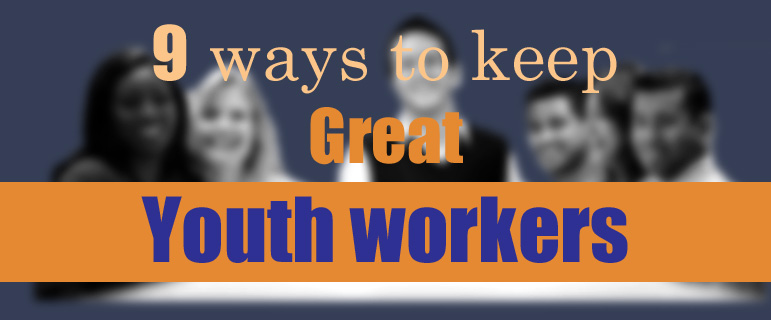 How do you keep great youth workers?
How do you keep great youth workers?
Youth work is one of the most difficult professions around. You tend to work with some very difficult clients who are generally not showing their best side. Managers know this, yet it still boggles my mind how often I have heard managers complaining about their lack of ability to keep great youth workers. The kicker is that they really do have something considerable to complain about.
There isn’t much more costly or disruptive as your best people walking out the door. The managers I have spoken with over the years tend to blame their turnover problems on everything under the sun, but with turnover in excess of 21% across the sector we need to face some hard truths.
Here are nine very simple things every team leader and manager can do to make sure they retain the very best youth workers in their organisation.
Don’t overwork people
The one thing that has become more obvious to me over the years is that the work of youth work has become a lot harder. We are dealing with more trauma, more responsibility and more paperwork than ever before. Governments have decreased funding while increasing our KPI’s. The stress factors have risen significantly. Our people are already working hard, so don’t add to the work load unnecessarily.
If we add to the workload significantly it can be counterproductive to the goal. You can only work them so long until they leave for better pastures. An increase in position or pay can help at least in the short term… however, in our experience this has a six month shelf life.
Recognise and reward
If managers could only do one thing to minimise retention issues and keep great youth workers this might be the one thing. A pat on the back goes a very long way. So do the words ‘well done’. Recognise great staff everywhere. in meetings, to donors, to the board, throughout the sector. Reward them where you can too. This may cost money… but its a lot less than having to hire new staff or deal with an employee who leaves because of psychological distress. Give a great worker an extra week of holidays. A night out for them and their special person. Buy them a book. Pay for course fees. Write them a card. The point is just do something.
Care about your employees
Every management role I have ever held hinged on the people who worked for me. I knew my successes were only able to come to fruition if they were fully committed to me and the mission. The best way for this to happen is to get to know your staff. Not just the professional but the personal too. I knew my staffs partners, children, birthdays, work anniversaries, work history, courses they had done, their illnesses and pains as well as their hopes and dreams. I would spend a minimum of half an hour one on one with my team and let them know I was there to bat for them. Knowing your staff is the key to care.
Hire and promote the right people
Hiring the right people is the most important part of a managers job. Getting the right person to fit the team, the organisational mission and then expecting them to have the right skill set means doing a good job at recruitment. Many of the interviews I have had lasted less than 30 minutes and many of the youth workers I speak with would say the same. It is not nearly enough. Hiring is the single most difficult task a manager has to learn to do if they want to keep great youth workers. Working with duds is a major demotivator for those stuck working alongside them. Ultimate Youth Workers want to work with equally awesome people. Oh, and promoting a dud is even more a slap in the face. Get the right people and they will stay.
Help people pursue their passions
The most talented youth workers are passionate people. Providing opportunities for them to pursue their passions improves their productivity and job satisfaction. Support them to develop their passion. Help with fundraisers, hook them up with networks, give them the opportunity to expand their horizon. It will not only fill their passion but will reap exponential productivity time and brownie points for the tough times.
Further develop peoples skills
When we speak to youth workers and their managers we are appalled at the minimal amount of money and time spent developing staff. If you want to keep your best people you have to invest in them. At the very least you need to listen to your youth workers and provide them with feedback. It is the role of every manager to educate their staff, find areas to develop in them. Read, do webinars, join peak bodies, further your education and become better.
Engage their creativity
You hired the best people, right? Then why do you want to hold them back and stick them in a box. These amazing youth workers want to change the world and see everything they touch turn to gold. Why would you want to squash this? Let them off the leash a little. Expect reports but let them do things in their way. Guide and challenge your staff but let them use their talent and their skills to do the job you hired them for in the first place.
Challenge youth workers intellectually
This comes as a surprise to many people but youth workers are thought workers. We think a lot. Its a mentally draining job. When I used to push my students they would bemoan my making them think more… But in the field they are the ones who others look too. If you don’t make your great staff think and reflect they will most definitely get bored. If they get bored you won’t be able to keep great youth workers. If you haven’t done a degree yet, Check this one out.
Love them all!
If you don’t love your staff they will know it. If you love one or two, the others will know it. If you don’t love your team you won’t go the extra mile for them. Managers who go the extra mile will always keep the best staff. Love, Love Love!
This post was based off an article by Dr travis Bradberry on HuffingtonPost.
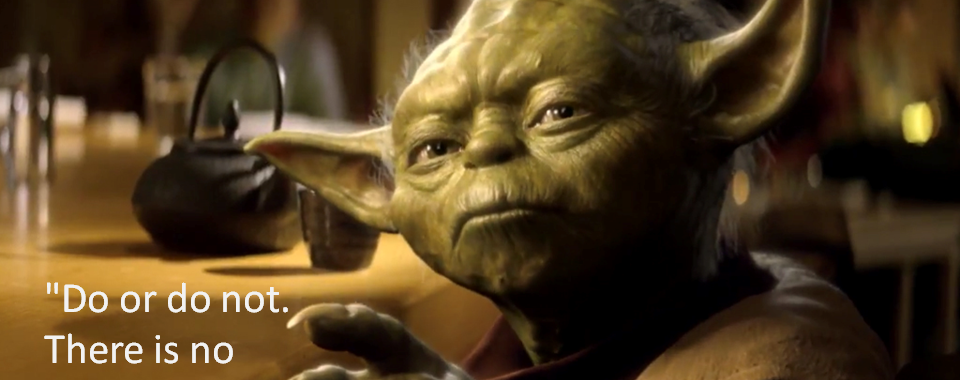

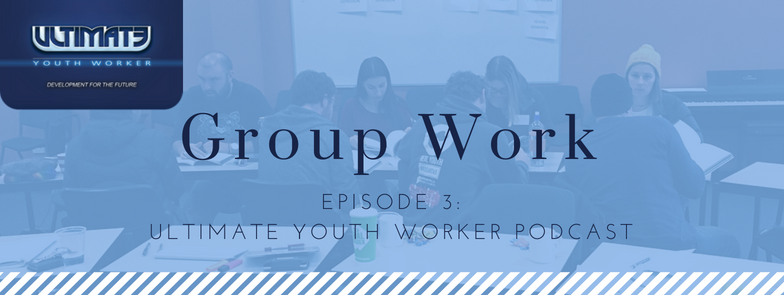

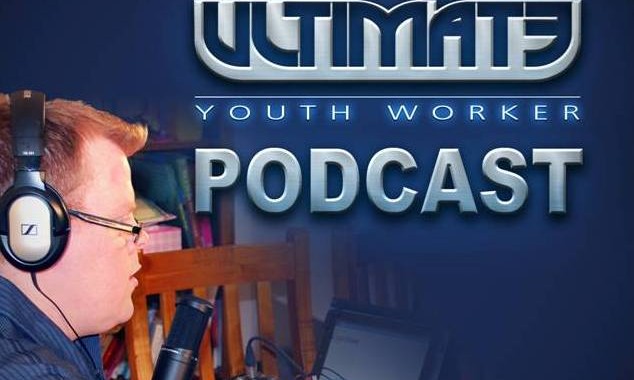
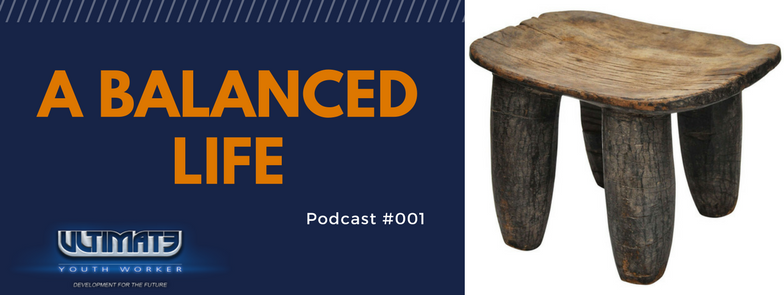
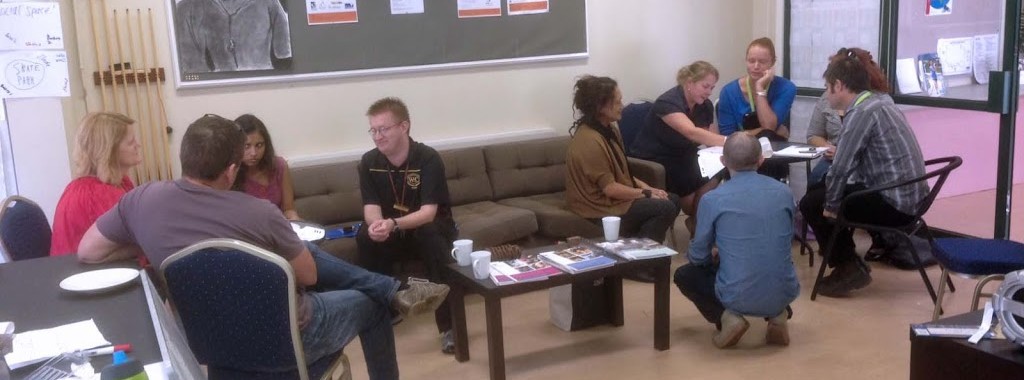
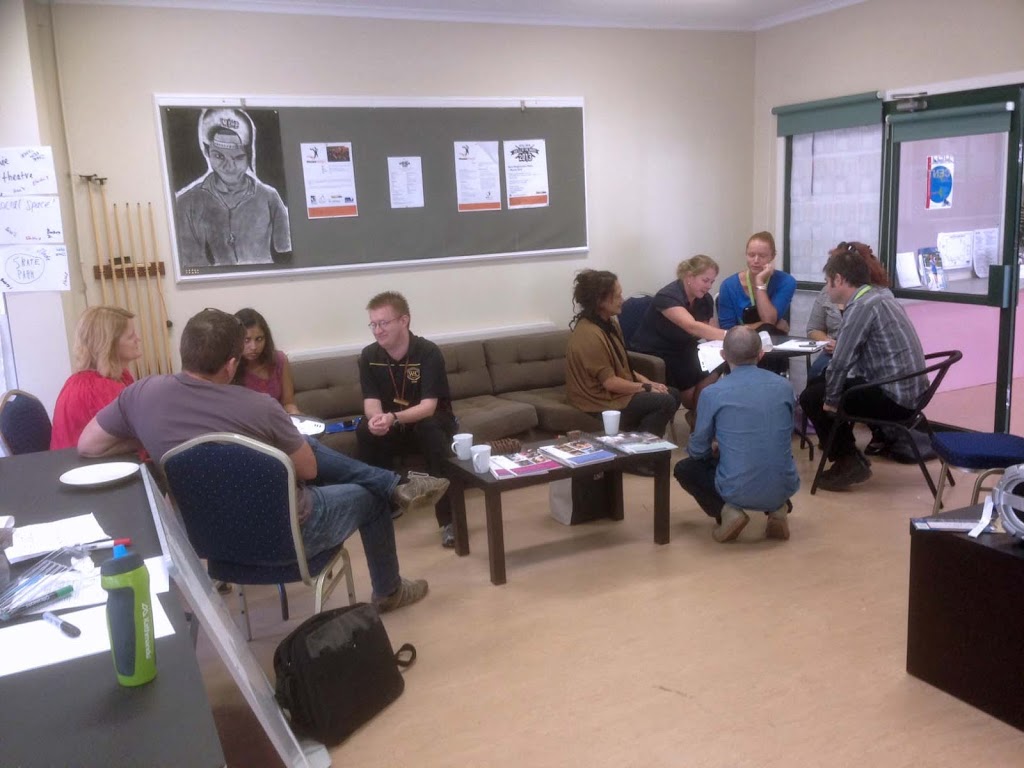
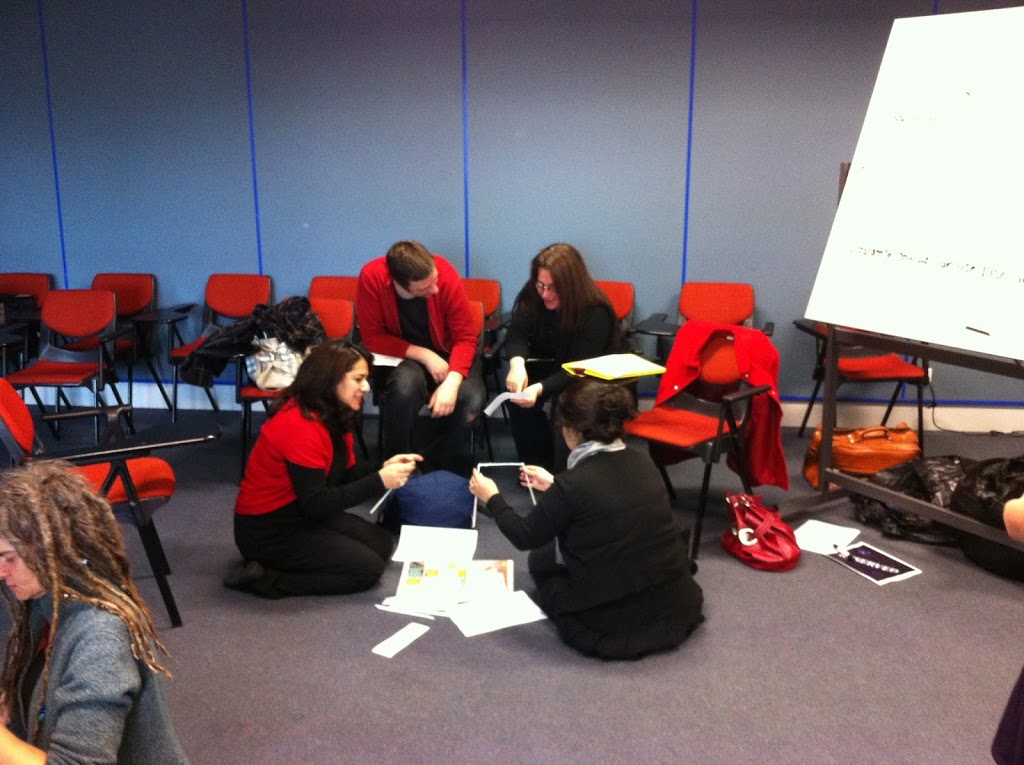


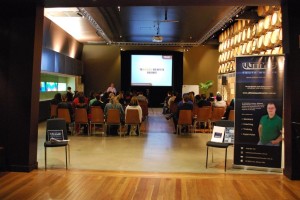 I have a
I have a